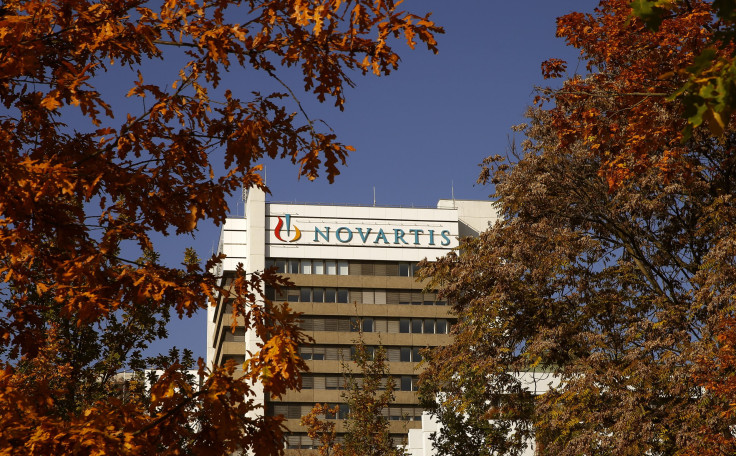Novartis AG (NOVN) Q1 Earnings Decline As Cancer Drug Sales Fall

Swiss pharmaceutical giant Novartis reported a 2.8 percent drop in sales in the first quarter of 2016, when its revenue dropped to $11.6 billion from $11.9 billion in the same period last year. Analysts had forecast revenue for the quarter at $11.8 billion.
Novartis’ net income for the three-month period ending March 31 came in at $2 billion, a significant decline over the same period last year, when the figure stood at $13 billion. In the first quarter of 2015, the company’s profits were boosted by the sale of some of its businesses to GlaxoSmithKline and Eli Lilly & Co.
Core net income, which does not include one-time impairments and gains, dropped 13 percent to $2.79 billion in the first three months of 2016, compared to analysts’ forecast of $2.76 billion, while core operating income dropped 11 percent to $3.26 billion.
However, the company, whose first quarter revenue drop was largely due to decline in sales of its blockbuster cancer drug Gleevec, stuck to its forecast for 2016, stating that it expects its core operating income and revenue to remain largely unchanged from last year.
“We are on track with the plan we outlined in January to further focus our divisions, drive greater innovation and significant synergies and productivity,” Novartis CEO Joseph Jimenez said in a statement. “I remain confident in our long-term growth prospects, underpinned by our strong pipeline and the talent leading our Research and Development functions.”
Sales of Gleevec, hurt by the launch of a cheaper generic version in the U.S. in February, fell 22 percent in the quarter, beating analysts’ forecast of a 34 percent drop. Meanwhile, the sales of Entresto — Novartis’ new heart failure drug — fetched the company just $17 million in the first quarter, and revenue from its ailing eye care business Alcon dropped 7 percent to $1.4 billion.
On Thursday, Novartis’ shares in Switzerland were flat during early trade. So far this year, the company’s stock has dropped over 14 percent, underperforming the broader market index, which has fallen 7.7 percent.
© Copyright IBTimes 2024. All rights reserved.






















